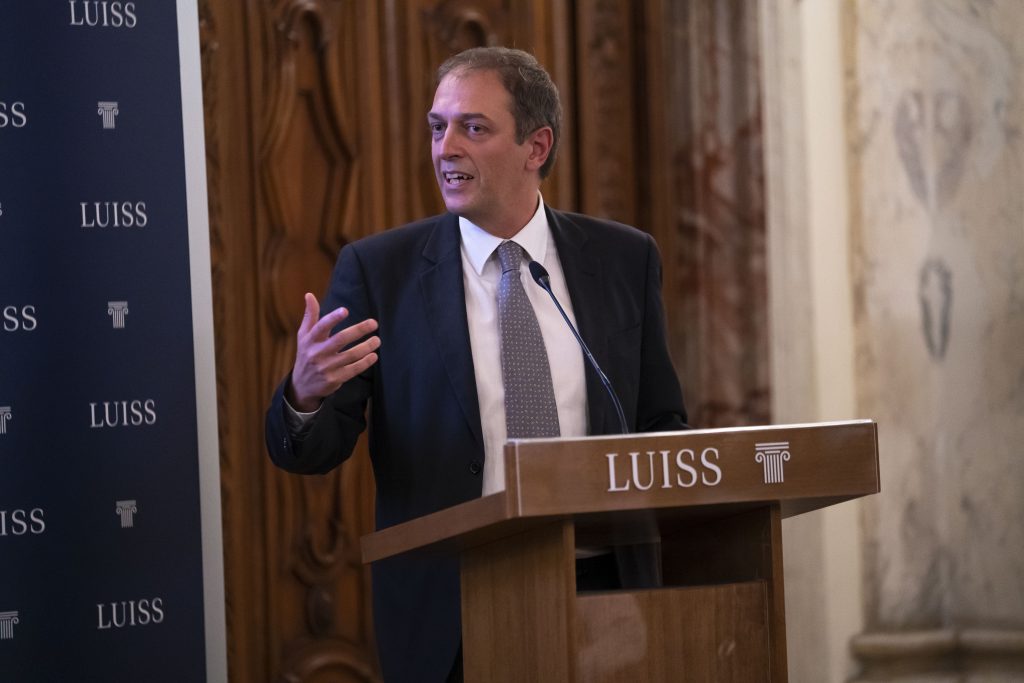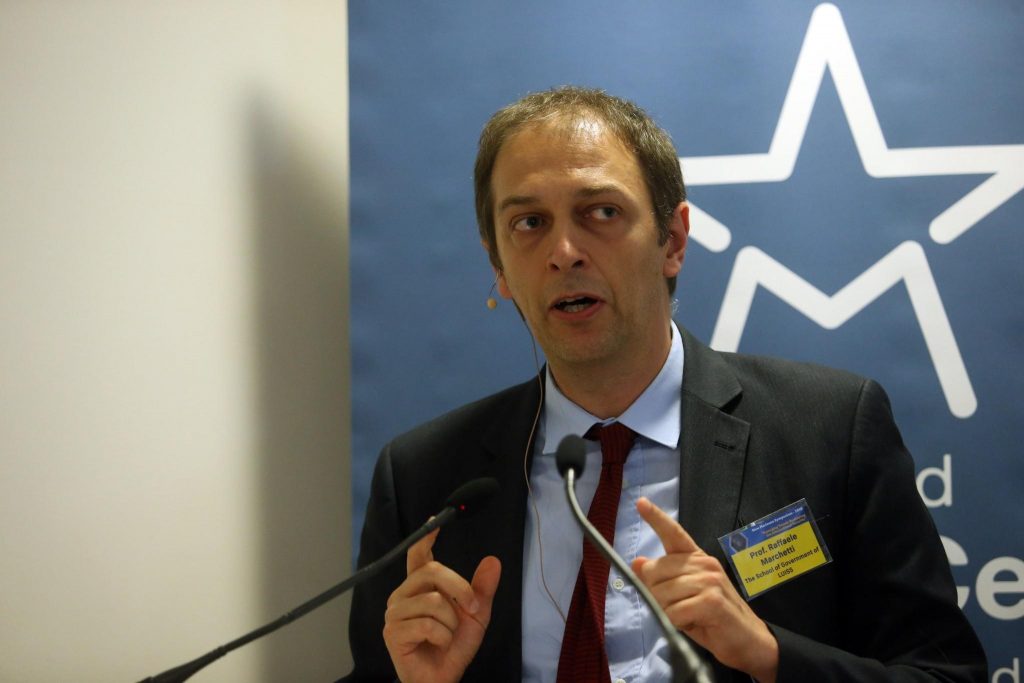A GREATER INVESTMENT IN EDUCATION IS NEEDED
In order for “Made in Italy” to become more and more “Educated in Italy” we must put the university back at the center of our strategies. It is not possible to imagine reforms of the ecological and digital transition, justice, and labor market without first dealing with the university system.
In Italy, 76% of the companies struggle to find workers with the right skills, according to a recent research. In the Excelsior 2021-2025 forecasts, the need for green, digital, Stem and innovation 4.0 skills will be between 886.000 and 924.000 units.

A greater investment in education is needed. In order for “Made in Italy” to become more and more “Educated in Italy” we must put the university back at the center of our strategies. It is not possible to imagine reforms of the ecological and digital transition, justice, and labor market without first dealing with the university system. The President of Confindustria, Carlo Bonomi, recently recalled this by saying: “there is only one thing that can stop Italy: not having big dreams and we are lucky enough to have a generation with big dreams. Businesses and universities are therefore fundamental.”
The development of creative, collaborative and resilient leaders at Luiss management training program.
When the world becomes less hospitable as in the case of a global epidemic, we need to innovate. And the quickest way to innovation is through new connections. All the great achievements of humanity in history are not due to individual skills, but to the ability to collaborate flexibly and in large numbers. The question that arises at this point is: What allows us to collaborate in this way? The answer is our imagination and our curiosity. The leader of the future will be a “master-asker”, will be able to ask the right questions to transform the fate of a group or organization, activating people, providing a cultural glue, orienting behavior and creating a general sense of motivation and personal connection. As a Maori saying goes: “Join those who know how to put together the pieces of a canoe”, in other words, there is a need for leaders who know how to unite people. The leaders of the future will act more and more to improve a collective result, they will be custodians and architects of tomorrow, the administrators of the company. Internationalization, programs with industrial partners and the Euro-Mediterranean area Luiss considers internationalization as part of its DNA. Being a university of excellence today means being a global university, able to provide education to Italian, European, and world students.In addition to the flattering results achieved in the last international rankings (top 50 for Political Science for QS, top 100 for Management for FT), Luiss continues its internationalization effort.

If today we analyze the enrollment trend in universities and technical institutes, we can easily predict that only half of the demand will be satisfied
With more than 300 partners around the world and about 50 Double Degree agreements, the university confirms its world excellence. In particular, the strategic focus of our international projection is centered in the “proximity area”, that is, in the Euro-Mediterranean area. The Balkans and Serbia in particular are therefore areas of great attention for the university. Luiss bilingual educational offer (about 50% of our degrees are in English) is enriched this year by two new fully digital degrees that are developed specifically for those who cannot travel to Rome for professional or personal reasons. The International Training Program – ITP is a project that involves collaboration between Luiss and Italian companies operating at an international level, which aims to bring the most promising young people from the company’s target countries to Italy. The program ensures the selection of the best talents, the highest standards of academic training and integration of academic training with business experiences through internships.